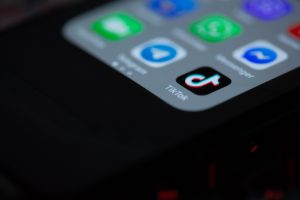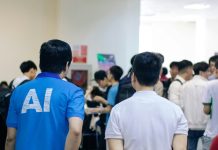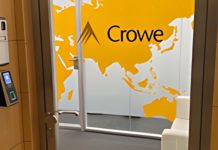In response to mounting concerns over national security risks associated with the popular Chinese-owned social media app TikTok, major Australian government contractors Deloitte, EY, McKinsey & Co., Boston Consulting Group (BCG), and Accenture have taken decisive measures to ban the app on work-issued devices. The ban comes after the Australian government prohibited TikTok's use on official devices due to data harvesting and potential exposure to extrajudicial directions from a foreign government that could conflict with Australian law.
The move to ban TikTok on work devices highlights the growing apprehension within the private sector about the potential risks posed by the app, particularly concerning data security and privacy. Opposition home affairs spokesman James Paterson has called for the ban to extend to all foreign government contractors, urging the government to enforce compliance with Australian protective security practices.
Deloitte and EY have explicitly stated that TikTok is unauthorized on work devices, with Deloitte taking proactive measures to prevent the app from being downloaded on work laptops. However, both firms allow employees to use TikTok on personal devices for work purposes, with EY requiring users to enroll in its endpoint management system to segregate work and personal data on phones.
McKinsey & Co. initially banned TikTok on work-issued devices in Australia following the government's prohibition. BCG went a step further, instructing all its employees involved in Australian government work to uninstall TikTok from their BCG-issued devices or devices used for BCG-related tasks during the period of their government work.
Accenture, which received substantial government contracts, has not yet issued a complete ban but is reviewing the situation after the Attorney-General's ban on TikTok for public service devices.
The ban on TikTok underscores the consulting firms' commitment to safeguarding sensitive government data and mitigating potential risks associated with the app. Given that the big four consulting firms and Accenture received nearly $2 billion from the Australian government in 2022, addressing these concerns becomes paramount to maintaining the country's national security.
TikTok, meanwhile, has attempted to reassure officials in Western democracies that it operates independently of its parent company, ByteDance, which has close ties to the Chinese Community Party. TikTok has consistently denied any affiliation with the CCP and emphasized its commitment to data privacy and security.
While these firms' actions are seen as a positive step towards enhancing national security, there is an ongoing call to do more. James Paterson and others have urged the government to impose stricter regulations on all external government contractors, ensuring they comply with Australian protective security practices.
As the situation unfolds, the issue of data privacy and the potential involvement of foreign governments in data harvesting will likely remain a subject of concern. Balancing access to popular applications with safeguarding sensitive information will continue to challenge businesses operating in an increasingly interconnected and globalized world.
Ultimately, the collaborative efforts between the private sector and the government will be critical in establishing comprehensive measures that address national security concerns without compromising productivity and innovation.

























